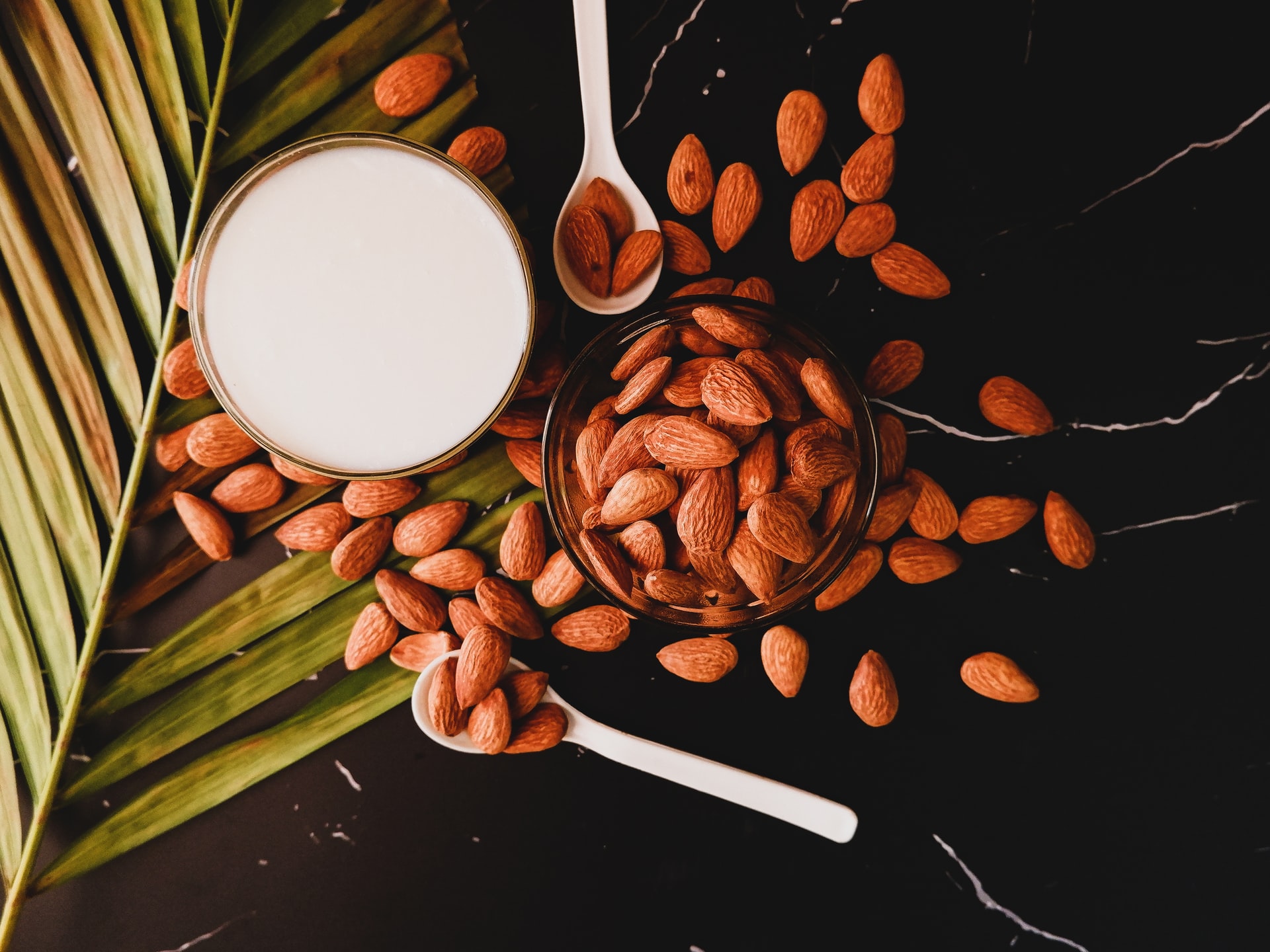Dairy-free milk found in grocery stores is far from fresh and far from healthy.
Some include genetically-modified ingredients, additives like carrageenan, or may be packed with artificial vitamins that are not processed by your body the same way as natural sources of vitamins and minerals.
Let’s face it, you are not getting what you paid for.
Most almond, cashew and coconut milks on the market are watered down to cut down on costs and to advertise them as “low calorie.” When you discover how affordable and easy it is to make your own dairy-free milk, you will never want to return to the store-bought varieties again.
Calorie counts
If you eat a half cup of almonds, you are consuming approximately 400 calories. In contrast, one serving of store-bought almond milk is typically only 30 to 60 calories.
Why is that? Well, it turns out that you are actually buying water infused with a hint of almond. The same is true for cashew milk and coconut milk.
Although you may appreciate that the calories are much less, you are not reaping the full benefits of drinking real almond, cashew, or coconut milk, which are all full of nutrients.
Instead of maintaining the full vitamin content, companies pump these products with artificially manufactured vitamins that are not absorbed and assimilated effectively into our bodies.
These vitamins are not only less effective, but they can sometimes be harmful. Fortified foods can now be eaten for breakfast, lunch, and dinner. Some people might see this as a good way to prevent malnourishment and disease, but as it turns out, you can overdose on vitamins.
The risk of toxemia from synthetic vitamins is even greater due to both the concentration of the vitamins and the chemical imbalances they cause in our bodies even in the smallest of quantities.
Non-dairy milks also contain additives that are sometimes harmful and sometimes downright bizarre! Here are some examples: Carrageenan is a seaweed extract that can trigger inflammation and is even considered a possible human carcinogen, according to a report by the World Health Organization.
GMO issues
Use of the ambiguous phrase “natural flavors” is often a way to conceal harmful ingredients, even things like monosodium glutamate (MSG) and artificial sweeteners. Vegetable oils, which are hydrogenated and often genetically modified, are sometimes added to non-dairy milks.
The nuts and seeds used in store-bought non-dairy milks are rarely prepared properly, which can affect your body’s ability to absorb the nutrients from the nuts or seeds.
First of all, there are fewer nutrients available as they greatly water down the milk.
Second, the companies don’t soak the nuts and seeds to release phytic acid. Soaking the nuts and seeds means this chemical is released into the soaking water and is discarded. The nuts and seeds are then more easily digested and their nutrients better absorbed.
Try making your own dairy-free milks at home, before you buy conventional products at the store


